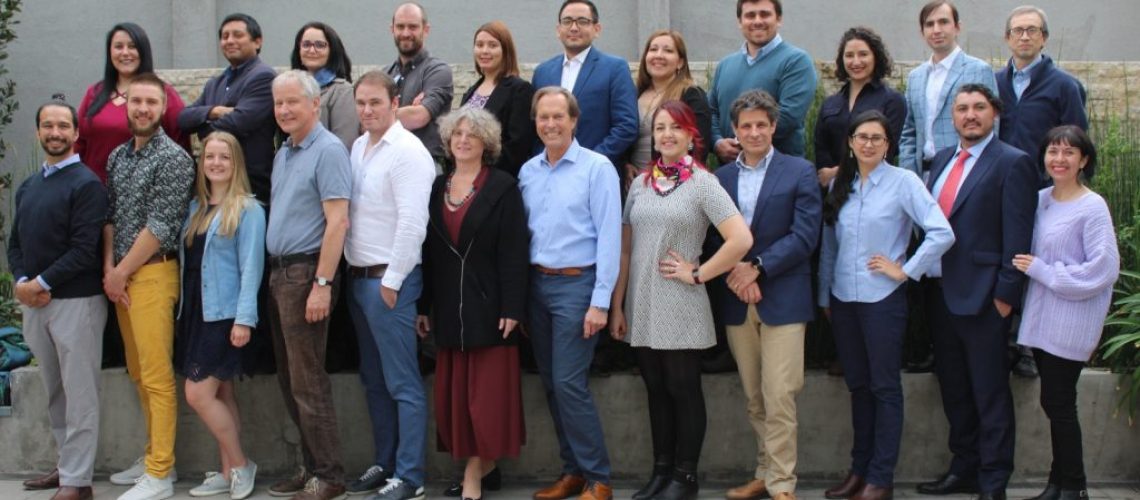Source:
The general manager of Fraunhofer Chile, Frank Dinter, highlighted that today the Center for Solar Energy Technologies is contributing with knowledge so that our country can advance in the decarbonization of its energy and production matrix.
On October 4, 2010, the Fraunhofer Chile Research Foundation began its activities, an institution dedicated to applied research to solve problems in the industry and whose initial purpose was to promote scientific exchange between Chile and Germany.
“On completing these 12 years of existence, we are especially proud of having become a pillar for innovation, development and technology transfer in sustainability issues, contributing with knowledge and know-how to the decarbonization of the national productive and energy matrix,” he highlighted. General Manager Frank Dinter.
Outstanding milestones
For her part, the deputy director of the Center for Solar Energy Technologies, María Teresa Cerda, emphasized the achievements and contribution in the public and private world. “Among our main achievements, we have been able to establish ourselves as a benchmark for the evaluation of tower CSP plants in Chile, with cost projections, providing valuable tools and indicators so that the private and public world can make the best investment decisions throughout the future. country. In this area, we have contributed our highly specialized knowledge to the country by promoting this technology that allows us to strengthen the base dispatchability and flexibility of the energy system,” he said.
The director stressed that “in this sense, we also managed to include the incorporation of solar thermal energy in industrial processes on the country’s agenda, with a special focus on the beverage industry, through the Juconcentra, Guayacán projects and agreements with companies Viña Concha and Toro, among others”, milestones that have allowed the industry to advance in the incorporation of solar energy to replace fossil fuels in its processes.
Marco Vaccarezza, leader of Business Development, valued that “one of the aspects that fills us with pride is having achieved the implementation in Chile of innovative solar technologies for the sustainability of agriculture, through our Agrivoltaic, Floating PV projects and Urban Farm PV, in which, in alliance with the Metropolitan Regional Government and its FIC fund, we have focused on providing an efficient solution to the needs and problems of small and medium-sized farmers, who today suffer the ravages of climate change and see their crops subject to high water stress and less soil availability”.
Likewise, both directors highlighted the development of important studies and proposals for Roadmaps for the efficient implementation of decarbonization in various industries, particularly in Mining, based on the replacement of fossil fuels with green hydrogen and derivatives in their processes, with a focus on the decarbonization of freight transport.
Future Challenges
“Our vision for the future is to consolidate all these advances in alliance with our strategic partners, in particular with the Solar Energy Center of the University of Chile, with whom we have wanted to establish a special joint effort to direct our efforts to go one step further. in new sustainable technologies. Likewise, we want to strengthen the ties that we have created with the Fraunhofer network, through the Fraunhofer Technology Week, an instance that we began this year and that allowed us to show in an unprecedented way in Chile the main opportunities, pilots and developments that are being carried out in Germany. the Fraunhofer institutes in the area of solar energy, green hydrogen and new sustainable technologies”, he stated.
Finally, the general manager of Fraunhofer Chile, Frank Dinter, highlighted that today the Center for Solar Energy Technologies is contributing with knowledge so that our country can advance in the decarbonization of its energy and production matrix, for which he made a call to continue working from the public and private sectors to invest in R&D and applied science, keys for Chile to advance in the challenge of sustainability.

